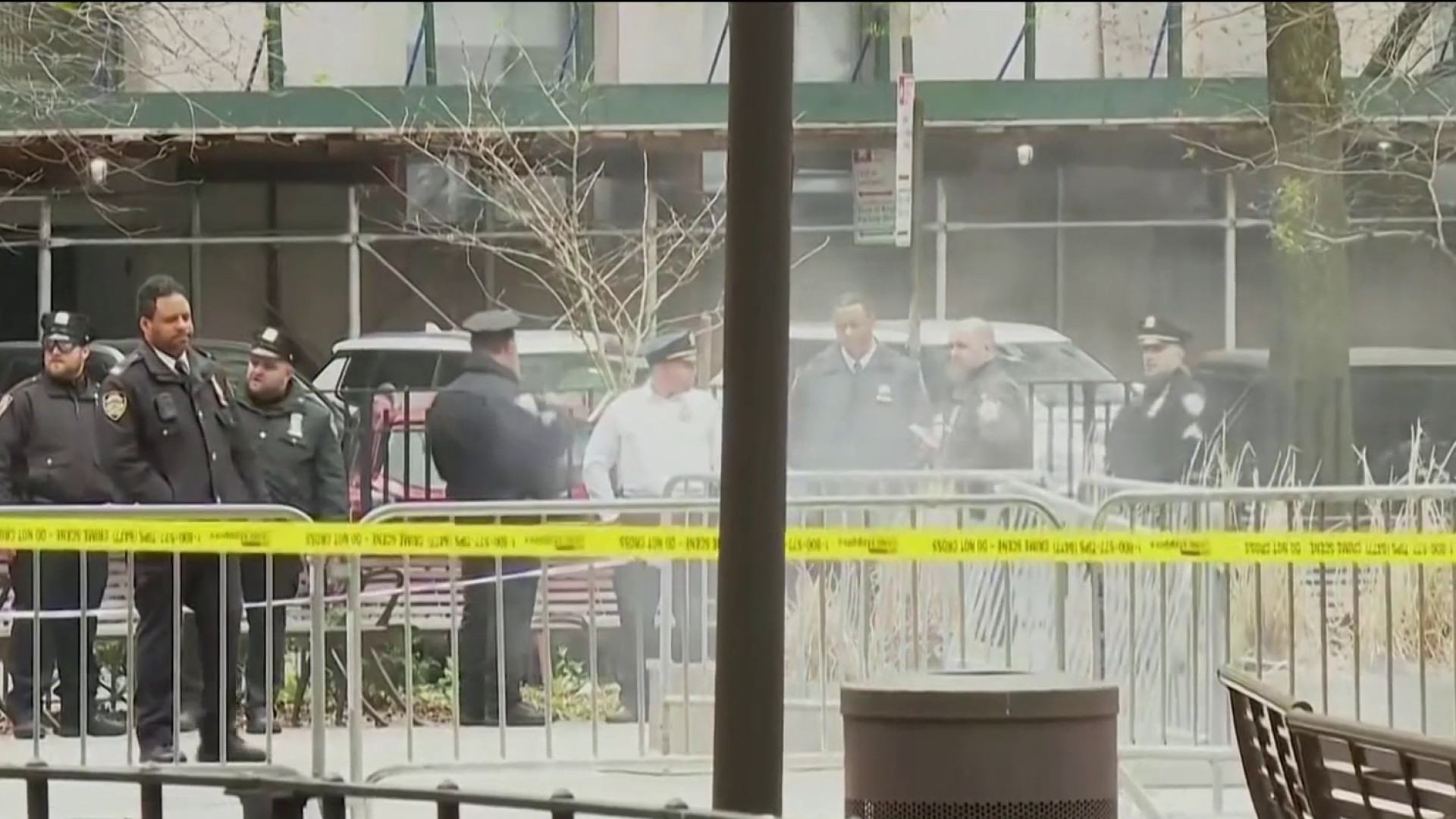When the victim of a sexual assault comes forward to police, a rape test kit is a crucial piece of evidence in the case.
Police across the country, including in San Diego, have faced criticism in the past for not submitting these kits into a national database of suspects.
San Diego police announced Wednesday they have put a dent in the backlog of sexual assault test kits over the last two years.
Sexual assault test kits can vary from victims who are ready to file charges to those who want to wait. In some cases police do not have any evidence of a crime committed. In most cases the victims know their attacker.
“The results of the sexual assault kits aren’t the key piece of evidence that sometimes people think of when they think of a sexual assault kit,” SDPD Lt. Shawn Takeuchi said.
NBC 7 has been tracking this issue for months. In November of 2018 there were more than 1,000 untested rape kits. San Diego police said they were now down to about 700.
DNA evidence is key in cases where lawyers argue the incident never happened or the identity of the attacker is unknown. As a former detective with SDPD's Sex Crimes Unit, Takeuchi gave insight into how delicate these situations can be.
U.S. & World
“Each individual victim is unique. Prosecution may not be the best outlet for that victim. If the victim is not ready to move forward, does not want to speak to a detective, does not want to testify in a court of law, we absolutely respect that,” Takeuchi added.
Lt. Takeuchi said as of September, police have tested every single kit belonging to a victim who wanted to go forward with their case.
Some advocacy groups said more work still needs to be done as not every victim feels comfortable bringing their case to court.
“When you see high amounts of women not willing to go forward you have to question how are they being shamed? Are they not being believed?” Founder of Heartfelt Voices United Suzanne Morse said.
Morse was also concerned with the contents that may be lurking in the untested kits. She wanted to know what, if anything, resulted from the recently tested kits.
“If you have tested that many, what's happened to them? How many prosecutions have you done? How many serial rapists have you found?” Morse added.
Takeuchi explained there were some legality concerns with testing all kits.
“In a case where the allegation can't be substantiated -- in a case like that you don't want to put that profile in the system because we don't know if that person committed a crime.”
Since testing hundreds of kits, San Diego police told NBC 7 they were not able to find anything helping some of the cases move forward. Some people were already entered in the national database, but for other felony crimes committed.
Recently, NBC 7 Investigates found less than 10 percent of rapes reported to San Diego police in the last five years have resulted in arrests.
This while police and the rape crisis center have fielded more calls from survivors than in years past. The small number of arrests show some of the challenges for law enforcement in san diego and throughout the country.
From January 1, 2013 to June 30, 2019, there were 2,954 rapes reported to San Diego Police. Of those, 279 resulted in an arrest whereas 2,205 are listed as “open and workable” cases.
Rape, according to a new report by The Atlantic, is the most difficult violent crime to solve. Of the 125,000 estimated rapes reported in the United States each year, only 2 percent result in an arrest, according to the report. That means 49 out of 50 suspects are free.
“We will never, ever, push something that the victim does not wish to have happen,” Lt. Takeuchi said in July



